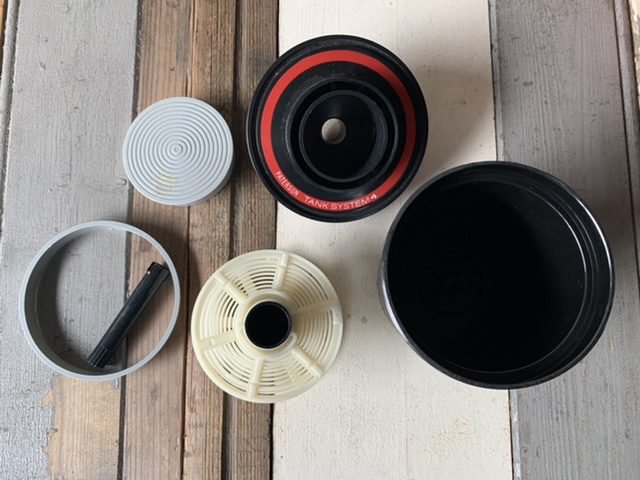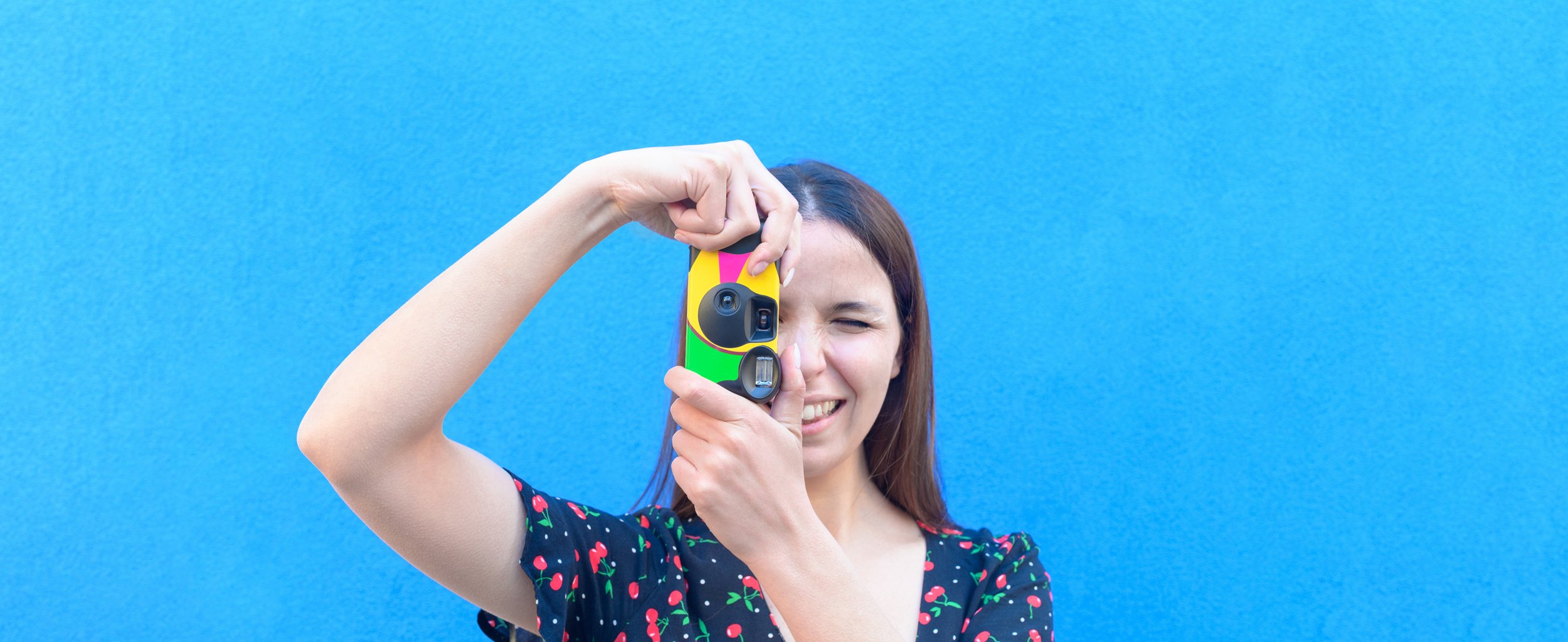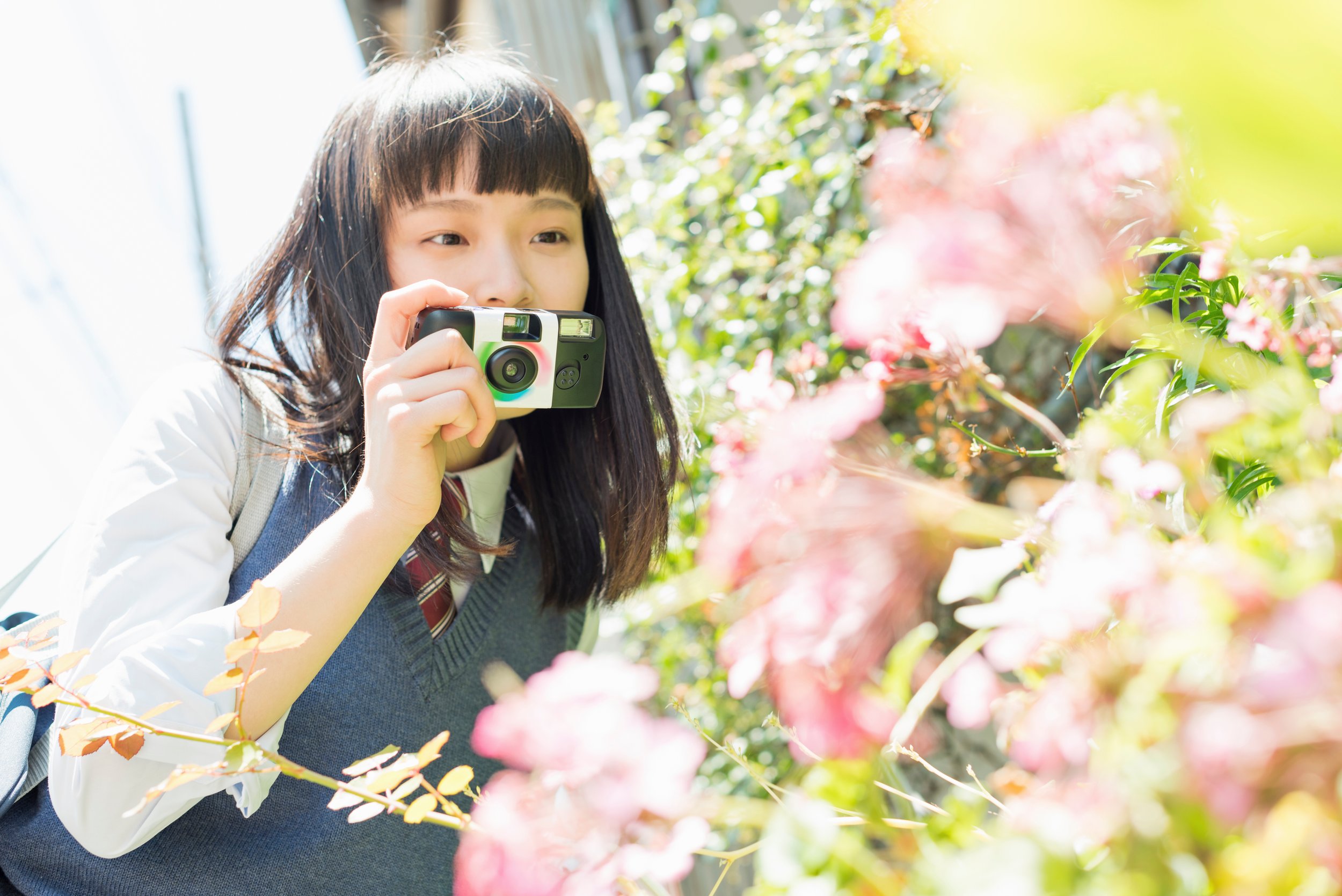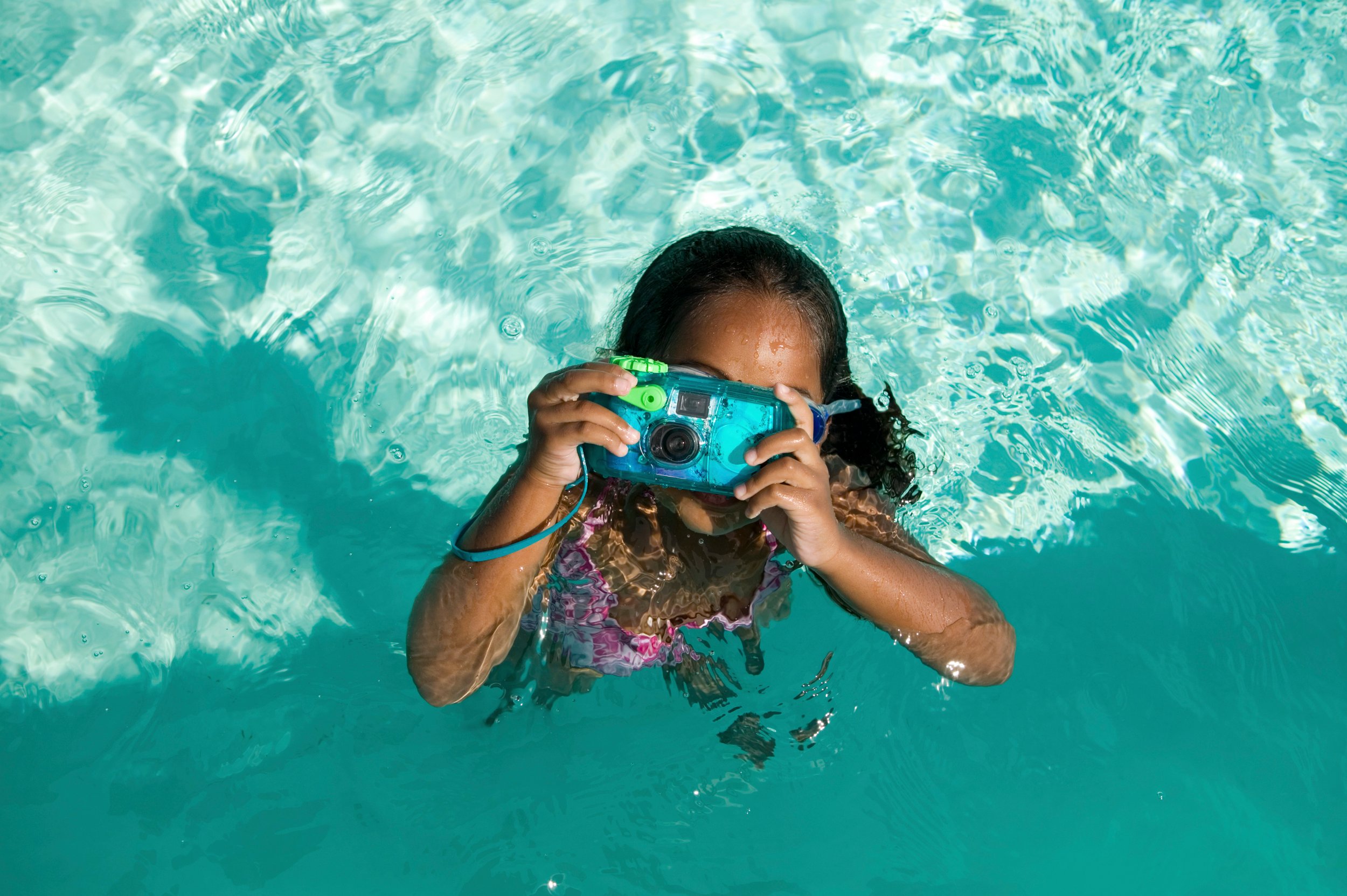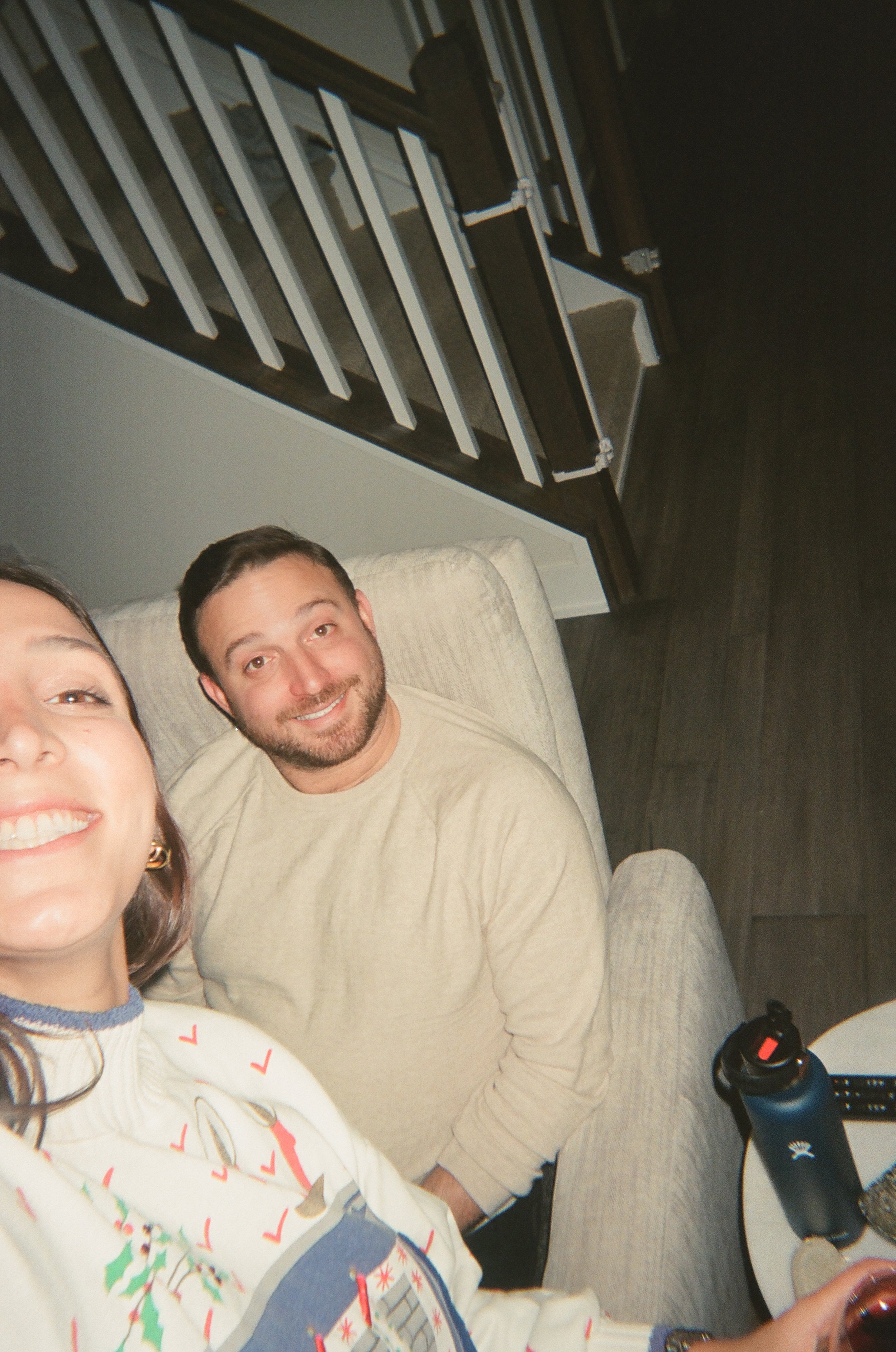You click the shutter one last time and begin to wind your film when you discover it just keeps winding! You look down at your disposable camera to see that your exposure counter is down to ZERO. Now the question that immediately pops into your mind is “Where do I go to develop my disposable camera?”.
There are a lot of options out there and if you’re new to disposable cameras of film photography, finding a photo lab the works for you might be overwhelming. Here’s a look at all of your options for getting your disposable camera developed!
1. Local Drugstores and Retail Chains
Some local drugstores and many retail chains still offer film developing services for disposable cameras. Popular chains like CVS, Walgreens, and Walmart are convenient choices, often promising to return your developed photos within a few weeks. These stores typically provide you with physical prints, a CD with your digital scans, or sometimes both, making it a versatile option for preserving your memories.
Pros: Convenient; widespread locations.
Cons: Quality can vary; most only offer very low quality scans, not all branches offer film services, film is shipped of to 3rd party labs, poor customers service, and a lack of community or connection, most do not return your film (negatives) to you.
Retail Chain Developing Costs
Walmart now charges by the amount of frames on the film. Disposable cameras can come in 12, 17, 24, 27, or 39 exposure rolls. Here’s a breakdown of Walmart’s developing costs:
27 Exposures w/prints - $10.96
36 Exposures w/prints - $13.96
CVS also charges by the number of frames and includes prints. Here’s a breakdown of CVS’ developing costs:
27 Exposures w/prints - $15.86
39 Expsoures w/prints - $18.82
Walgreens, like Walmart and CVS also include prints, super low quality scans, and charges by the frame.
24 Exposures w/prints - $15.99
Should I use a Local Drugstore or Retail chain TO DEVELOP MY DISPOSABLE CAMERA?
The biggest issues with these places are:
No onsite developing
Very low quality scans
Assembly line/mass production approach to film developing means you might not get a very personal touch
Your negatives are destroyed instead of being returned
For these reasons, most professional and hobby photographers do not send their film to these stores.
2. Specialty Photo Shops
For those who prioritize quality and are willing to perhaps pay a bit more, specialty photo shops are the way to go. These shops often handle film with extra care and can provide higher quality prints and scans. Moreover, staff at these stores are usually more knowledgeable about different film types and processing techniques, which can significantly benefit the outcome of your photos.
Pros: High-quality prints and scans; expert handling.
Cons: May be more expensive; fewer locations.
If you live a in larger city or metropolitan area, you may have one of these type stores around, but for most of us, there are no photo/film shops within an hour or more’s drive. We also can’t give an idea on pricing because each shop has their own pricing structure. Contact your local photo shop to discover more about them and their services.
3. Online Film Developing Services
If convenience is your top priority, online film developing services are a fantastic option. You can mail your disposable camera to companies like Shutter Junkies, The Darkroom, or Blue Moon Camera, and they will send back prints and digital copies. These services often offer additional editing options and can handle various film types.
Pros: Convenient; no need to leave home.
Cons: Requires mailing your camera; processing time includes shipping.
There are a lot of great options for developing your disposable cameras online. Our shop, Shutter Junkies Photo Lab specifically specializes in disposable cameras! From new cameras to old cameras you found in a drawer, we can develop them all! We are the disposable camera experts. Click the button below to check out our disposable camera developing!
Other online labs can also handle your disposable cameras. While they mainly focus on developing film, they can also develop disposable cameras.
And the added bonus is that many mail-in services return your negatives to you plus give you more options on scan quality and prints.
4. DIY Development
For the photography enthusiast, developing your own film can be a fulfilling project. While this requires more effort and the purchase of specific chemicals and equipment, it allows complete control over the development process. Resources and kits are available online to help beginners.
Pros: Full control over the development process; rewarding.
Cons: Time-consuming; initial setup cost, cost of maintaining/replacing chemistry.
Choosing the Right Service
When deciding where to develop your disposable camera, consider the following factors:
Quality vs. Convenience: Determine whether you prefer the convenience of a local store or the quality of a specialty shop.
Budget: Prices can vary significantly between different services.
Turnaround Time: Some options might be quicker than others, especially if you need your photos soon.
Conclusion
Developing disposable cameras can bring your beautiful moments to life in a tangible form. Whether you opt for the convenience of local drugstores, the quality of specialty photo shops, the ease of online services, or the satisfaction of developing film yourself, there’s a solution that fits your needs.
Remember to check for specific services each location offers and perhaps call ahead to confirm they can process your film type. Enjoy the process of bringing your memories to life, and don’t forget to keep snapping those special moments!





